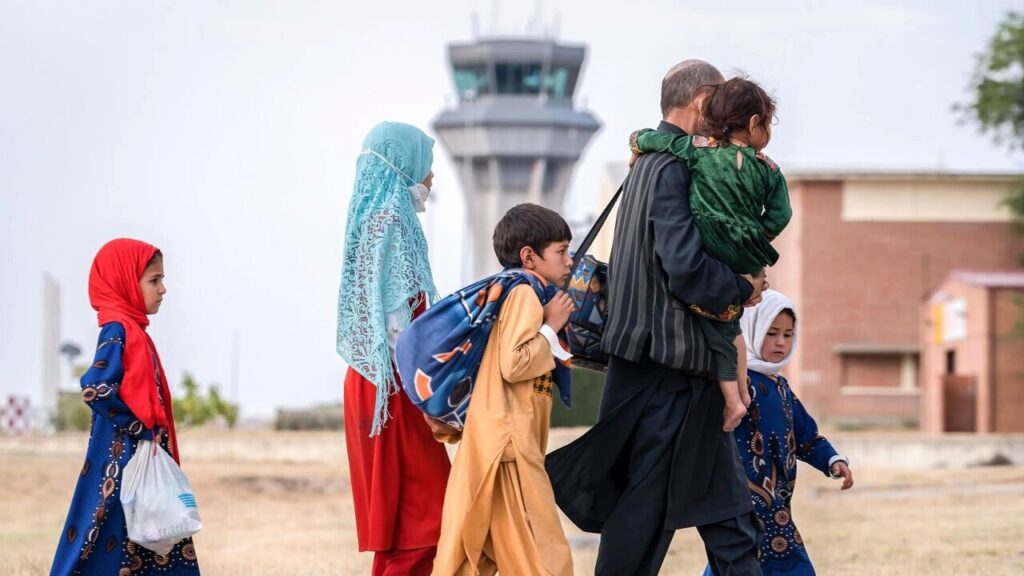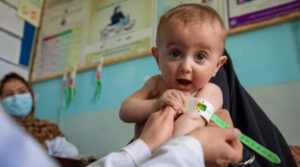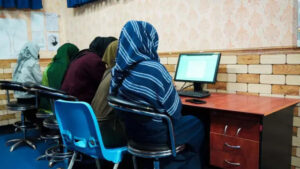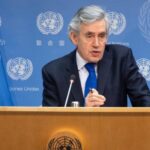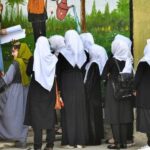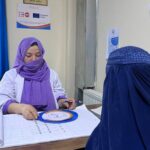The United Nations Human Settlements Programme (UN-Habitat) has recently announced that over nine million people in Afghanistan are living in informal settlements.
In a report released today (Wednesday, July 2), the program stated that most of these individuals reside in vulnerable areas with limited or no access to clean water and health services.
The report also highlighted the large-scale return of Afghan migrants from neighboring countries, noting that many returnees are forced to live in informal settlements.
According to the report, four out of every five urban residents live in informal housing.
The report further states that the urban population currently stands at 30 percent, and it is projected to rise to 50 percent by 2060.
Despite these challenges, UN-Habitat emphasizes the need to support the most vulnerable, strengthen resilience, and address climate change.
Meanwhile, Iran and Pakistan have significantly increased the deportation of Afghan migrants this year, revoking the residency documents of millions.
The Islamic Republic of Iran has declared the “Census Forms” of about two million Afghan migrants invalid. After two visits to offices known as “Kafalat Offices,” these individuals are issued exit permits.
In recent months, deportations of Afghan migrants from Iran have intensified, with most of the deportees being families who had lived in Iran for many years.

